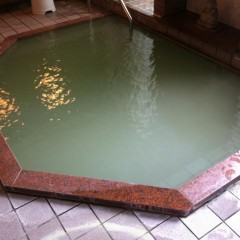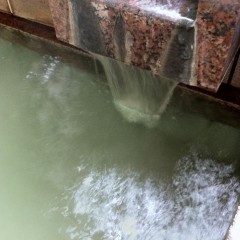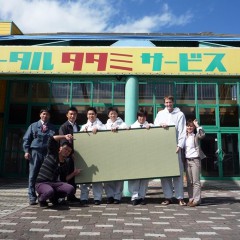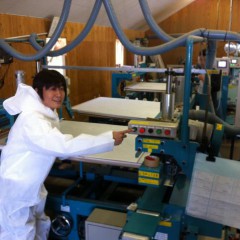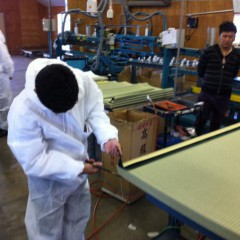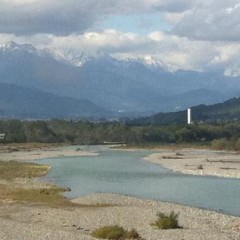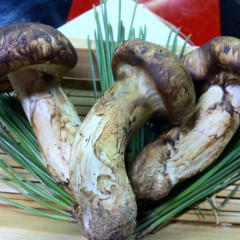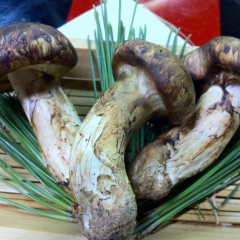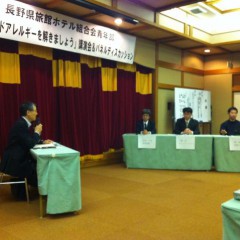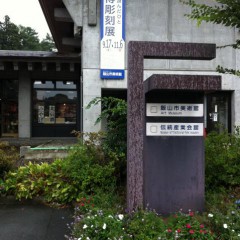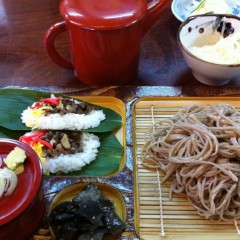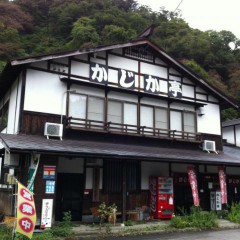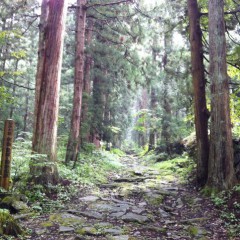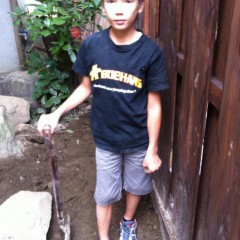
Diggin' the canal
亀清の工事中の家族風呂の為に電気や給水配管などをまず持って来なきゃ。土の中に埋めるためまず掘らんとアカン。息子を一緒にずくを出して、溝を掘りました。暑い中で大変でした。パナマ運河の作った人達の気持ちが分かる。(大げさ!)
英語の言われがあるけど: 血と汗と涙。今回の作業はまさにそう。
汗は掘る作業から、
血は蚊から、
涙は排水管につなげようと思った配管は排水じゃなくて、給水だったので、いきなりに噴水が出た時。
まあ、日本語の言われ: 失敗しながら。
10月末完成目標向かって必死です。
The construction of Kamesei's new family bath continues. For the power and water, I wanted to run the lines through the ground, necessitating a ditch. Son Andy and I went to work and powered through the hot weather and hard ground to dig the ditch. Now I know what the guys digging the Panama Canal must have felt like. (Well, maybe just a little.)
As the saying goes, 'blood, sweat and tears'.
The sweat was from doing all the digging work in the hot sun.
The blood was from all the mosquitoes.
And the tears were from when I tapped into what I thought was a drain pipe and turned out to be a live water pipe. Only part of the water streaming down my face was from the impromptu water fountain that resulted.
Needless to say I am having to call in a pro to help me connect the new bath's shower drain to the drain pipes. Japan has a saying, "Shippai shinagara", loosely translated, 'making progress while making mistakes'.
We're still trying to target a end-of-October completion date for the new family bath. Stay tuned.
